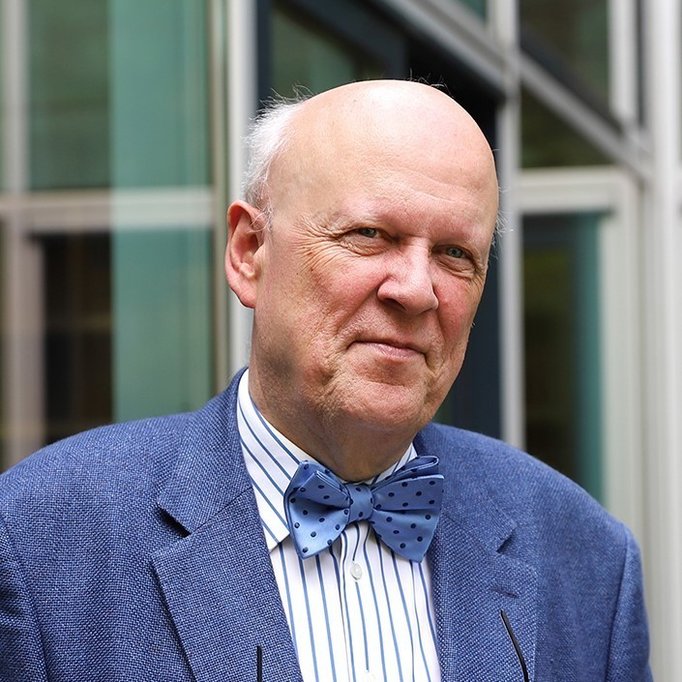Views
Nothing Found
Sorry, no posts matched your criteria
News
7th CPLJ webinar – 21 October 2021

Comparative Procedural Law and Justice (CPLJ) is a global project of the Max Planck Institute Luxembourg for Procedural Law, with the support of the Luxembourg National Research Fund (019/13946847), involving more than one hundred scholars from all over the world.
CPLJ is envisioned as a comprehensive study of comparative civil procedural law and civil dispute resolution schemes in the contemporary world. It aims at understanding procedural rules in their cultural context, as well as at highlighting workable approaches to the resolution of civil disputes.
In this framework, the Max Planck Institute Luxembourg for Procedural Law will host its 7th CPLJ Webinar on 21 October 2021, 3:00 – 5:30 pm (CEST)
The programme reads as follows:
Chair, Enrique Vallines (Max Planck Institute Luxembourg)
3:00 pm Shahla Ali (University of Hong Kong)
Transcending Generalisations in Comparative Law Research – East Asian Perspectives in a Global Context
3:30 pm Discussion
4:00 pm Intermission
4:15 pm Eduardo Oteiza (National University of La Plata)
Who knew only his Bible knew not his Bible: Thoughts from Latin America
4:45 pm Discussion
5:30 pm Closing of the event
The full programme is available here.
For more information and to register, see here.
(Image credits: Rijksmuseum, Amsterdam)
U.S. Supreme Court Agrees to Decide Procedural Issue in Case Regarding Nazi Stolen Pissarro Work
In the case of Cassirer v. Thyssen-Bornemisza Collection Foundation, the heirs of a Holocaust survivor are seeking to recover a painting by French impressionist Camille Pissarro that was stolen by the Nazis in 1939. The 1897 painting is currently on display in the Thyssen-Bornemisza Museum, a Spanish state museum in Madrid. The U.S. Court of Appeals for the Ninth Circuit ruled against the heirs, saying that federal law called for the application of Spanish law, which allows the holder of stolen property to obtain title through the doctrine of adverse possession. The heirs claim California law, which never allows the holder of stolen property to obtain good title, applies.
Last week, the U.S. Supreme Court agreed to resolve the question. The pleadings are available on SCOTUSBlog here; more coverage of this interesting issue will follow.
Virtual Workshop (in German) on Oct 5: Jürgen Basedow on tasks and methodological plurality of private international law



